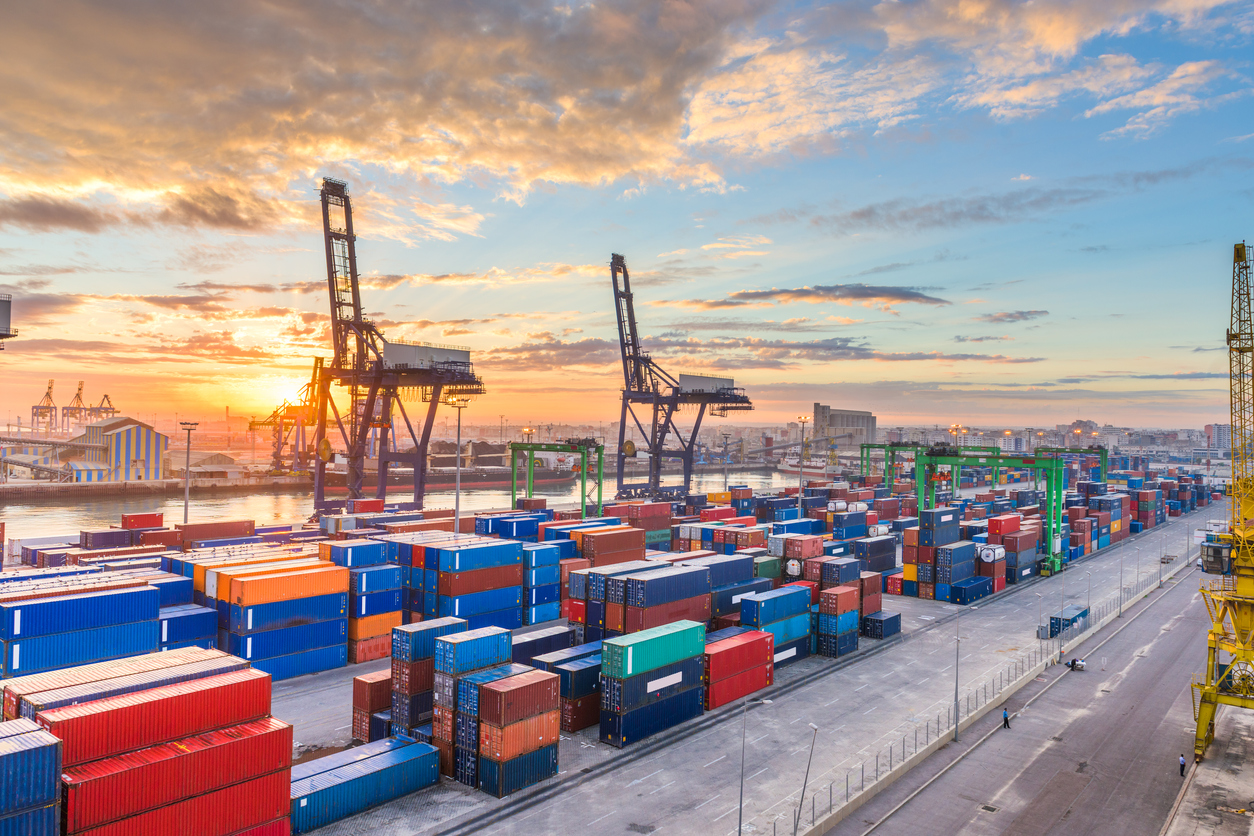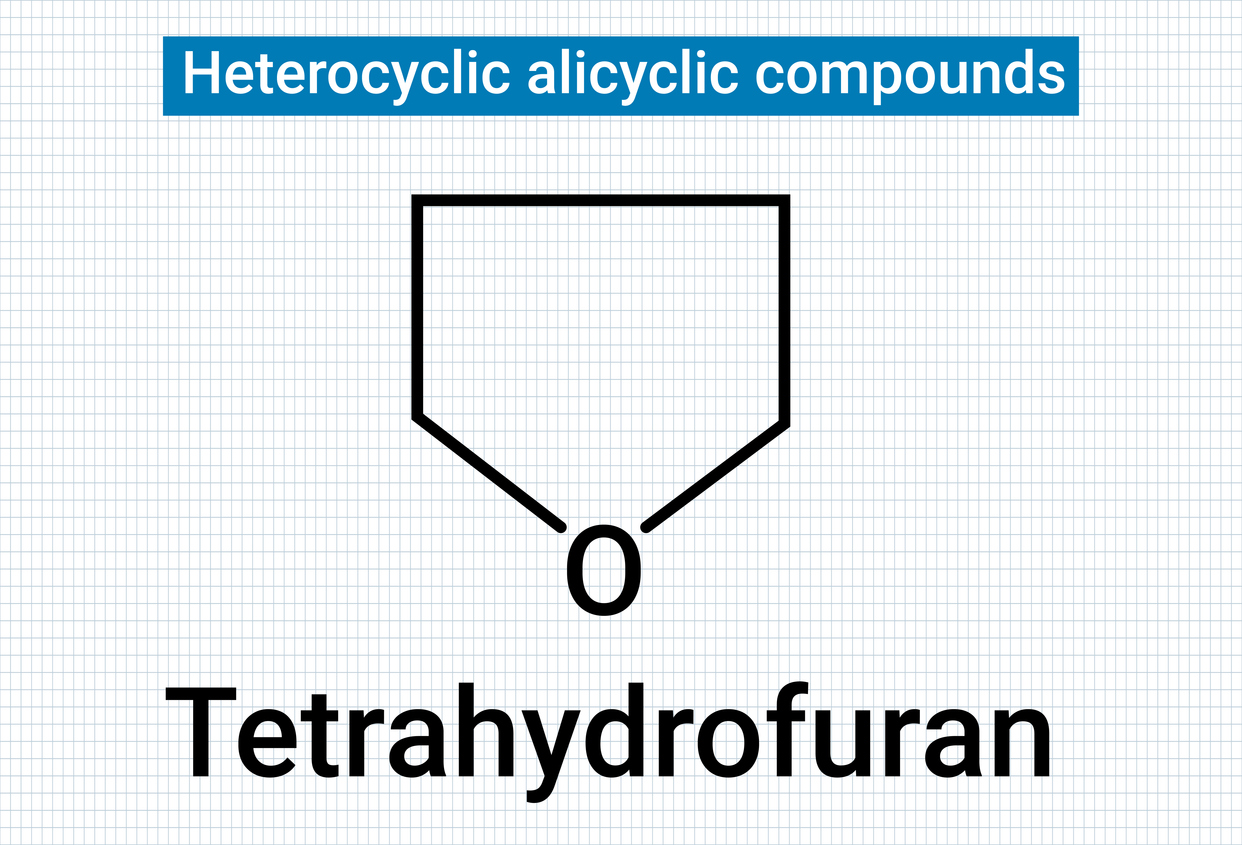FOB vs. CIF in Nigeria: Key Differences and How to Choose
When engaging in international trade, especially in Nigeria, two common shipping terms often come into play: FOB (Free on Board) and CIF (Cost, Insurance, and Freight). These terms define the responsibilities of buyers and sellers in the shipment of goods, including costs, risks, and obligations.
Understanding the differences between FOB and CIF is crucial for importers and exporters to make informed decisions that align with their business needs and strategies.
What Is FOB (Free on Board)?
In FOB agreements:
- Seller’s Responsibility:
- The seller is responsible for transporting the goods to the port of shipment and loading them onto the vessel. Once the goods are onboard, the risk and responsibility transfer to the buyer.
- Buyer’s Responsibility:
- The buyer handles the freight costs, insurance, and any risks during transit from the port of origin to the final destination.
Advantages of FOB for Nigerian Importers and Exporters:
- Cost Control:
- Buyers can negotiate better shipping and insurance rates independently.
- Flexibility:
- Buyers have the freedom to choose their preferred shipping lines and insurance providers.
Disadvantages of FOB:
- Increased responsibility for the buyer to manage shipping and insurance logistics, which may be challenging for those unfamiliar with international shipping processes.
What Is CIF (Cost, Insurance, and Freight)?
In CIF agreements:
- Seller’s Responsibility:
- The seller covers the cost of transporting the goods to the port of destination, including freight and minimum insurance coverage.
- Buyer’s Responsibility:
- The buyer assumes responsibility once the goods reach the port of destination.
Advantages of CIF for Nigerian Importers and Exporters:
- Convenience:
- The seller handles freight and insurance, simplifying logistics for the buyer.
- Predictable Costs:
- Buyers know the total landed cost upfront, which aids in budgeting and planning.
Disadvantages of CIF:
- Higher overall costs, as sellers may charge premium rates for freight and insurance services.
- Limited control for buyers over the choice of shipping and insurance providers.
FOB vs. CIF: Key Differences
| Aspect | FOB (Free on Board) | CIF (Cost, Insurance, and Freight) |
|---|---|---|
| Responsibility Transfer | At the port of shipment (buyer assumes responsibility) | At the port of destination (seller bears responsibility until delivery) |
| Freight and Insurance | Buyer arranges and pays for these | Seller arranges and includes these in the contract price |
| Cost Control | Buyer has more control over shipping and insurance costs | Seller handles costs but may charge higher rates |
| Complexity | Requires buyer to manage shipping logistics | Easier for buyers, as sellers manage shipping logistics |
| Risk Exposure | Buyer assumes risk once goods are onboard the vessel | Seller assumes risk until goods reach the destination port |
Choosing Between FOB and CIF in Nigeria
- For Importers:
- Choose FOB if you have experience with international shipping and want to control freight and insurance costs.
- Choose CIF if you prefer convenience and want the seller to handle most of the shipping logistics.
- For Exporters:
- Choose FOB if you want to limit your responsibility to delivering goods to the port of shipment.
- Choose CIF if you aim to provide a comprehensive service and include freight and insurance in your pricing.
- Consider Local Port Conditions:
- Nigerian ports, such as Apapa and Tin Can Island, are often congested. CIF agreements may reduce the importer’s involvement in handling port logistics at the origin.
- Evaluate Costs:
- CIF may seem simpler but often results in higher costs due to premiums on shipping and insurance arranged by the seller.
Examples in Nigerian Trade
- FOB Scenario:
- A Nigerian importer buys raw materials from China under FOB terms. Once the goods are loaded onto the vessel, the importer assumes responsibility for arranging freight and insurance to Nigeria.
- CIF Scenario:
- A Nigerian exporter sells cocoa beans to Europe under CIF terms. The exporter arranges freight and insurance to the buyer’s destination port, including these costs in the contract price.
Conclusion
FOB and CIF terms offer distinct advantages and disadvantages depending on your role in the trade process and your familiarity with logistics management. For Nigerian businesses, the choice often hinges on the balance between cost control and convenience.
By understanding the nuances of FOB and CIF, importers and exporters can make strategic decisions that optimize costs, manage risks, and streamline operations in international trade.








Comments are closed.